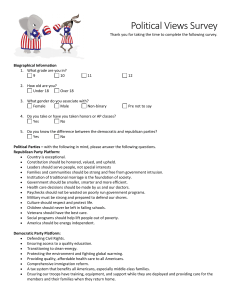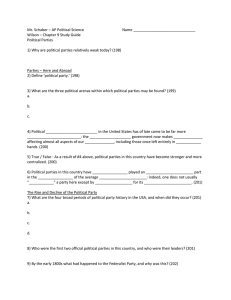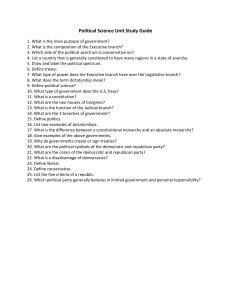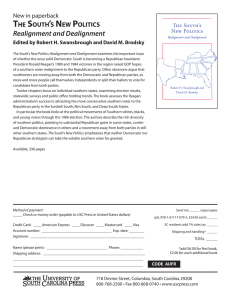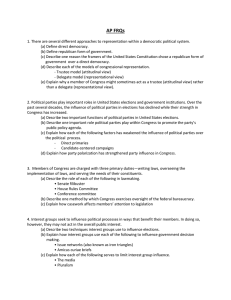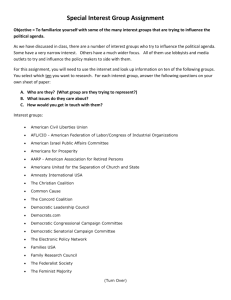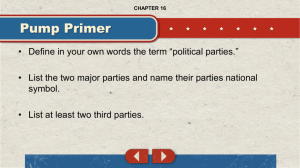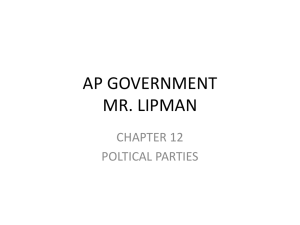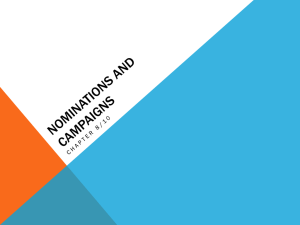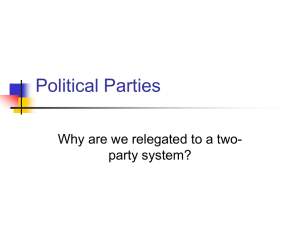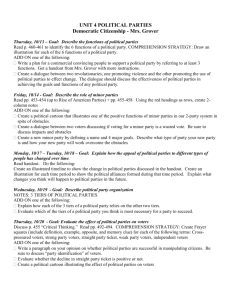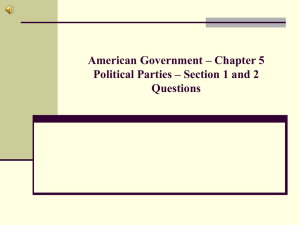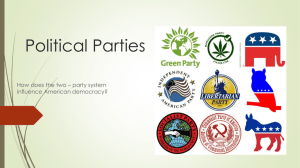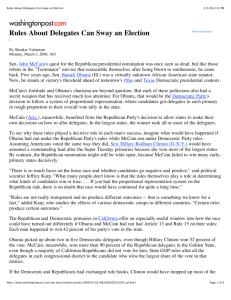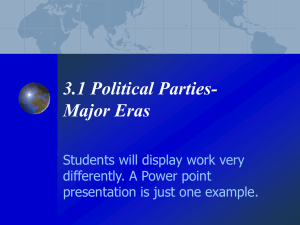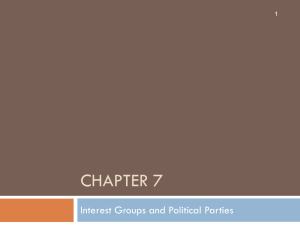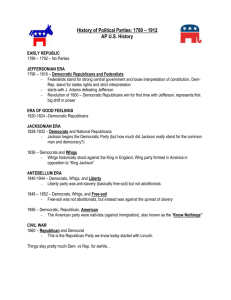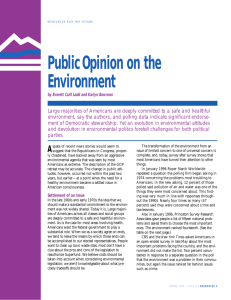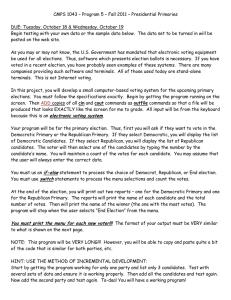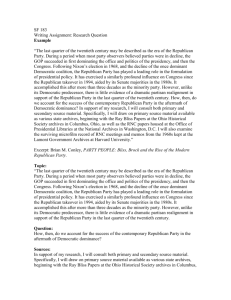The Democratic and Republican parties have gone through several
advertisement
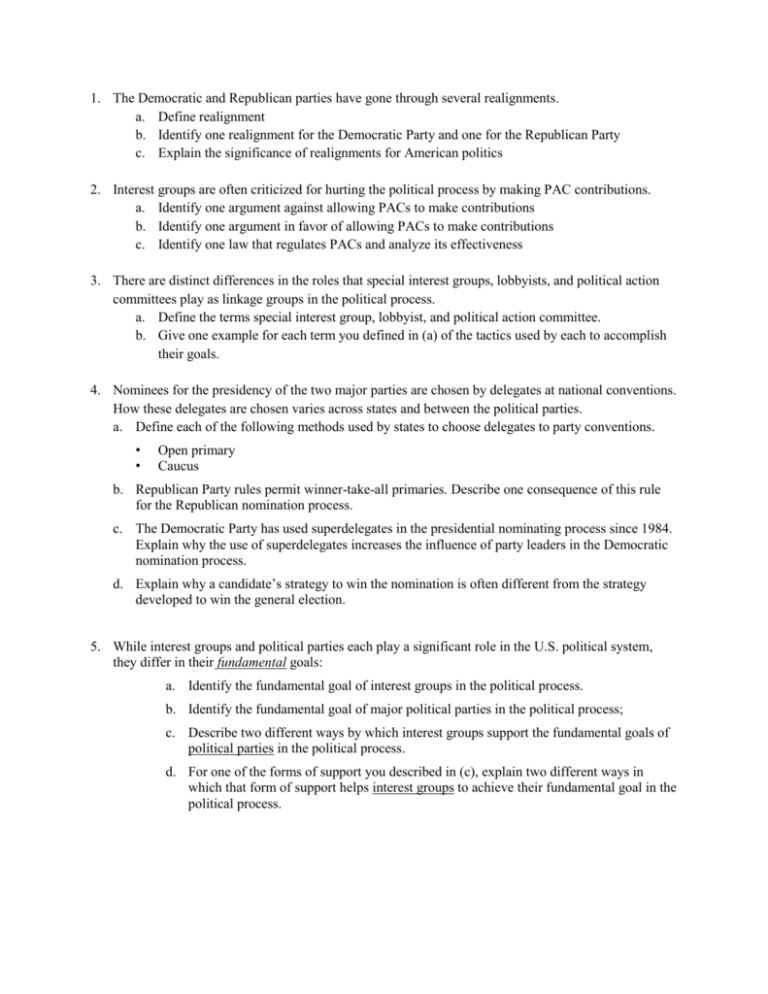
1. The Democratic and Republican parties have gone through several realignments. a. Define realignment b. Identify one realignment for the Democratic Party and one for the Republican Party c. Explain the significance of realignments for American politics 2. Interest groups are often criticized for hurting the political process by making PAC contributions. a. Identify one argument against allowing PACs to make contributions b. Identify one argument in favor of allowing PACs to make contributions c. Identify one law that regulates PACs and analyze its effectiveness 3. There are distinct differences in the roles that special interest groups, lobbyists, and political action committees play as linkage groups in the political process. a. Define the terms special interest group, lobbyist, and political action committee. b. Give one example for each term you defined in (a) of the tactics used by each to accomplish their goals. 4. Nominees for the presidency of the two major parties are chosen by delegates at national conventions. How these delegates are chosen varies across states and between the political parties. a. Define each of the following methods used by states to choose delegates to party conventions. • • Open primary Caucus b. Republican Party rules permit winner-take-all primaries. Describe one consequence of this rule for the Republican nomination process. c. The Democratic Party has used superdelegates in the presidential nominating process since 1984. Explain why the use of superdelegates increases the influence of party leaders in the Democratic nomination process. d. Explain why a candidate’s strategy to win the nomination is often different from the strategy developed to win the general election. 5. While interest groups and political parties each play a significant role in the U.S. political system, they differ in their fundamental goals: a. Identify the fundamental goal of interest groups in the political process. b. Identify the fundamental goal of major political parties in the political process; c. Describe two different ways by which interest groups support the fundamental goals of political parties in the political process. d. For one of the forms of support you described in (c), explain two different ways in which that form of support helps interest groups to achieve their fundamental goal in the political process.
